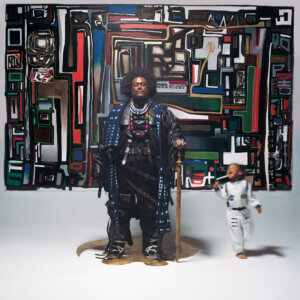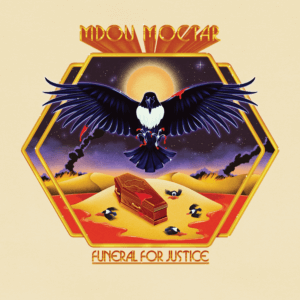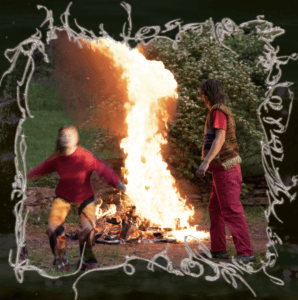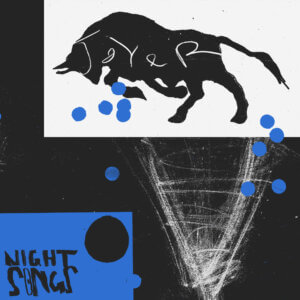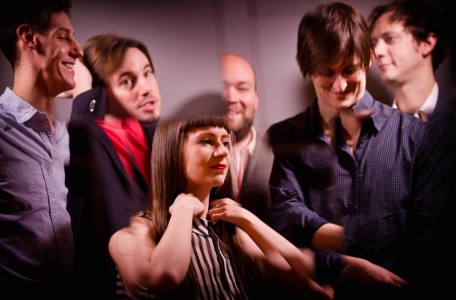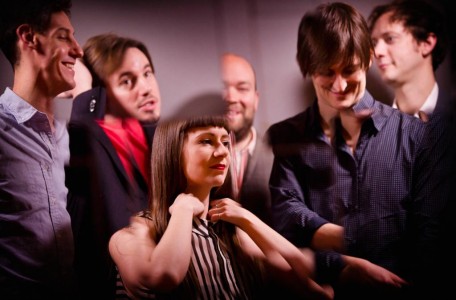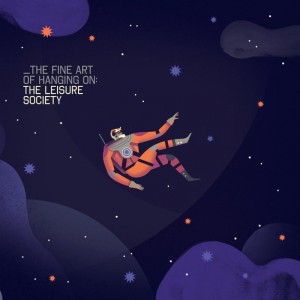Our Interview with The Leisure Society
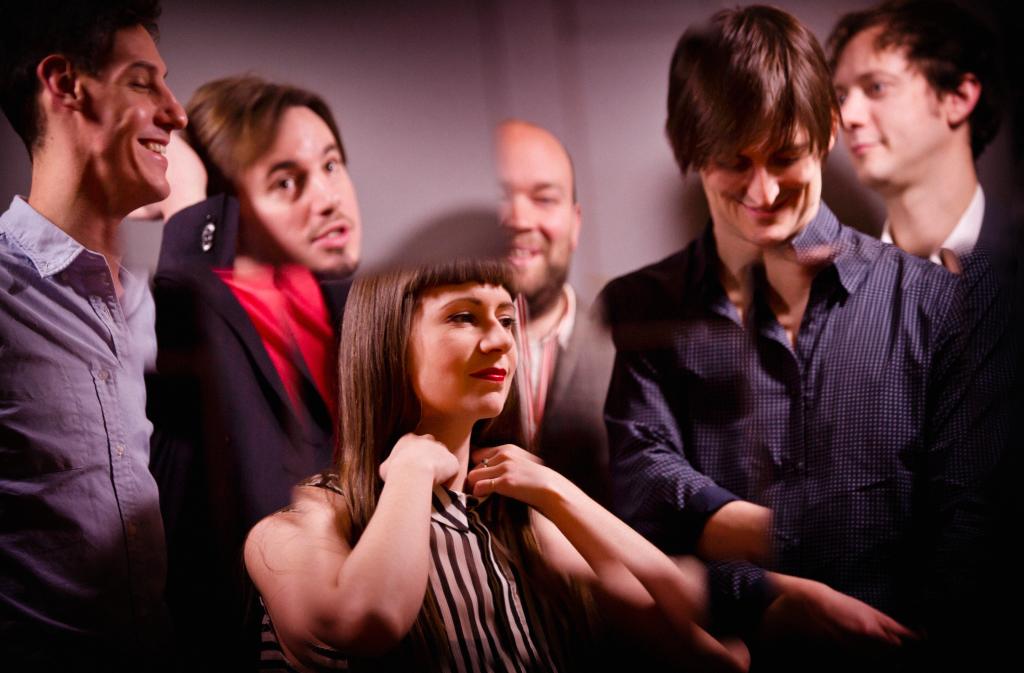
UK based group The Leisure Society are releasing their new album, The Fine Art of Hanging On, on April 13. Since their debut album The Sleeper in 2009, they have been praised by both audiences and fellow musicians for their emotional and musical range as well as the orchestral balance of their songs. In a flurry of notoriety, they were nominated for two Novello awards back to back. Brian Eno said that their music was beautiful and wanted to meet them. Ray Davies wanted to work with them. The live performances of their delicately crafted folk-rock songs have won them five star reviews. And they just played a 5am show to support Dermot O’Leary and his 24 hour dance marathon to raise money for Red Nose Day, the UK charity event, not only for a good cause, but because they are one of his favorite bands. With the new album on the horizon, Northern Transmissions wanted to hear more about The Leisure Society. Alice Severin spoke with front man and singer/songwriter Nick Hemming who generously shared his thoughts about life, lyrics, and the inspirations behind his songs.
Northern Transmissions: Hello, how are you and where are you?
Nick Hemming: I’m in Brighton, recuperating after a bout of Flu – real Flu, not man-flu. I’ve been in bed, watching episodes of Peep Show for over a week now.
NT: There is a line on your website “defeating the odds with a fistful of Avalon” – there’s something so lyrical about that phrase, and there could be so many connotations. Do you think a lot about the possibilities in words, as in a piece of poetry?
NH: I spend most of my time obsessing over lyrics in one way or other. I do deliberately try to leave them open to interpretation although they generally come from quite a personal place. I love it when people find their own meaning in something I’ve written. That line was actually inspired by a poem, it was originally ‘…a fist full of Hamnavoe’ in tribute to George Mackay Brown’s poem of the same name. I changed it to Avalon at the last minute to anglicise it (or make it Welsh, depending on where you believe the legend of King Arthur originated!) Also, Hamnavoe was a bit of a mouthful to sing.
NT: “Tall Black Cabins” is the first single off the new album. “Lend me an anchor to sink this planet” and “so many tides are made to go to waste” are two of the great lines in this song. It’s very sad yet beautiful. What is the story behind this song?
NH: I was commissioned to write a song about the fishing industry a few years back. I travelled down the south east coast doing research and I ended up in Hastings. Outside the Hastings Fisherman’s Museum there are big black cabins that they use to hang fishing nets to dry in. The song I wrote for the commission ended up being about something else but the sight of the cabins made such an impression on me that this song came to me a year or so later. It’s a song about the decline of the small boat fishing industry – and I used some quite arcane sounding imagery – but it can relate to anything changing over time really. I also had the music industry in mind when I was writing it.
NT: Your very first single, The Last of the Melting Snow, was nominated in 2009 for an Ivor Novello award for Best Song, then “Save It for Someone Who Cares”, was nominated the next year. Very few bands are nominated twice in a row – what was that like?
NH: It was bizarre, brilliant and terrifying. I’m generally quite shy and always avoided doing interviews but the first nomination spawned a national media frenzy. News teams kept descending on the warehouse I was working in at the time. It was a trial by fire and made me realize that if I could get through that I could probably handle most things!
NT: You met Brian Eno, who apparently is a big fan. What was that like, and have you been inspired by any of his work in particular?
NH: I was quite in awe of him, he’s such an erudite, multi-faceted artist that I was worried I’d make a fool of myself. As it turned out he was such a lovely man that he completely disarmed us. I did end up making a fool of myself when we went back for his Christmas party, I drank far too much and inadvertently left wearing a woman’s coat that looked vaguely similar to mine (but 5 sizes smaller). I’m a huge fan of Roxy Music and I’ve always particularly loved his first solo record, so it was an unexpected thrill that we got to hang out with him.
NT: You played in the London Aquarium to kick off the second album – have you thought about doing any shows in unusual spots for the new album?
NH: We haven’t got anything planned. I did consider the Hastings Fisherman’s Museum, but it’s probably a bit remote for the London music industry folk!
NT: You’re touring the UK in April. Do you like playing live, and are there plans to play anywhere else?
NH:I love playing live, but I do struggle with pre-show nerves. Once the first two or three songs are out of the way I usually relax a bit and start enjoying myself. After we’ve finished in the UK we’re doing a big tour of Europe and then we hope to visit the US later in the year.
NT: This new album is incredibly personal and you’ve talked about the theme of “clinging to something – be that a relationship, a career, or life itself.” Do you think it’s also a theme of modern life at the moment – that people are just hanging on? What made you think about this idea?
NH: I’m not sure it’s necessarily a theme of modern life right now, I think it’s probably a universal theme through the ages. The initial idea for the title song came from me being unable to pay the rent whilst I was trying to finish writing the album. By chance the other songs that were coming out all seemed to have a common theme of hanging on to something. At the same time a friend of mine was diagnosed with cancer. I wasn’t sure what I could say as he was having to deal with so much awful stuff, I reached out by writing to him and sending the demos I’d been working on. He wrote back his comments and was hugely encouraging; the fact that he was dealing with his problems with such grace and strength put my petty woes into perspective. Essentially the title song is about having something that you cherish, something that makes sense of the world, something worth fighting for.
NT: The line from the song “Wide Eyes at Villains” -“soft music set to violence” is another moment that jumps out and starts a whole pattern of thought. Do you start off writing the songs from the lyrics, or the music? Or a combination of the two? And do you bring songs to the band mostly finished, or do they have a lot of input on the ultimate direction of the song?
NH: It’s nice you picked up on that line, it’s one I’m quite happy with. I usually start with the music and just sing along a stream of consciousness. That initial spark of inspiration is something of a mystery to me, I’m usually not aware of what I’m doing, just aimlessly playing in a daydream. Eventually a line will jump out that starts a train of thought. Usually I’ll write a verse or a chorus and that will dictate the theme of the song. What follows is often a long, drawn-out slog, trying endless different lines until I finally find something I’m happy with it. Occasionally songs come in one sitting – Tall Black Cabins for instance – but it’s pretty rare. Once the song is written I record a demo to play to the rest of the band. I usually have a pretty clear idea how I’d like it to sound but we hone the arrangements together.
NT: Apparently you recorded the album on to analog tape, then mastered it. It seems that more musicians are returning, or rediscovering that way of working. What was it like for you and the band and why did you choose to work that way?
NH: There’s a subtle difference in the sound of analogue and digital recordings. We tried to record live as much as possible, to capture a moment, something spontaneous. It’s so easy to edit, cut and paste recordings on computers these days and it can sanitise and strip the performance element out of the music. It’s also much more fun recording in a studio together, you get the camaraderie and excitement of creating something new together. That said, I do also like the versatility of recording onto a computer at home. We tried to get the best of both worlds by recording a solid base in the studio and then taking the recordings back to my home studio to experiment with arrangements. I also recorded some overdubs in a huge church, to capture that natural church reverb. That portability is something that wouldn’t have been possible with the tape machine as it weighs about the same as a small car.
NT: “In your heart you know you’re worth/more than you were ever told…always looking from the outside in.” The chorus to “Outside In”, like the whole song, has this wonderful, direct quality – like being spoken to. Do you try to reach out in that way?
NH: It wasn’t really a conscious decision to make that song conversational in tone, it’s just the way it turned out. I was actually writing about somebody specific, someone I knew at school. As usual I ended up largely writing about myself though. No matter how much I try to write about other people, situations or characters I always end up dipping into my personal experiences.
NT: And five albums that inspire you.
The Beach Boys – 20/20
Love – Forever Changes
Animal Collective – Merriweather Post Pavilion
The Jam – All Mod Cons
Elliott Smith – XO
Alice Severin
Latest Reviews
Tracks
Advertisement
Looking for something new to listen to?
Sign up to our all-new newsletter for top-notch reviews, news, videos and playlists.
